For most Rwandans, Victoire Ingabire is not as innocent as she appears to be...
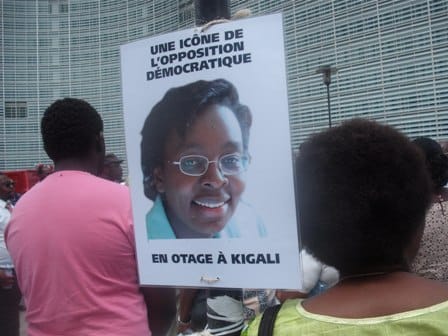
Last week, Victoire Ingabire was once again arrested in Kigali and detained in prison. In Europe, she is regarded as a champion of democracy in Rwanda, a country led for over thirty years by President Paul Kagame. The European press often depicts Kagame as a dictator who, with a single punch, eliminates anyone standing in his way, even those who dare oppose him. But is this portrayal an accurate reflection of reality? Is Victoire Ingabire truly the innocent, ever-smiling activist she claims to be, defending democracy? And is Paul Kagame genuinely a despotic ruler who ruthlessly suppresses opponents or even seeks to invade Congo to plunder its minerals?
Rwandan authorities associate her with the extremist Hutu movement, notably the FDLR in Congo, which has been its flagship. In the past, Ingabire herself was linked to this movement. To understand the true nature of figures like Ingabire, it is essential to examine Rwanda’s recent history, its current economic revival, and the regional geopolitical context.
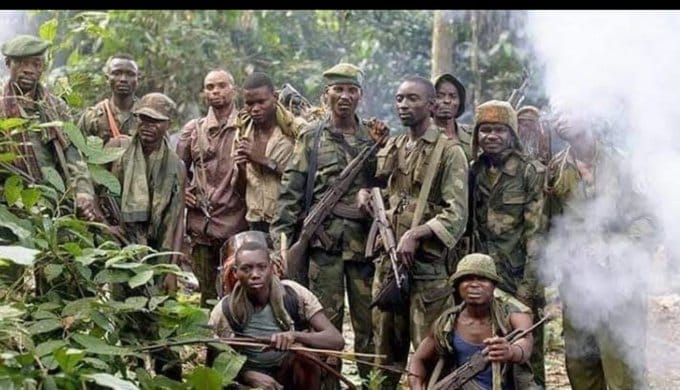
The traditional concept of democracy, often regarded in Europe as a kind of gospel to be imposed on third-world countries, reveals its flaws in Africa. Similarly, this model proves difficult to implement in countries like Russia or China. African nations, often praised by Europe for their “democratic approach,” are, in reality, frequently plagued by corruption and political manipulation, continuing to supply minerals and resources to their former colonizers. That is why Rwanda has chosen a different path—what might be called a “Kagame democracy,” or a system where alternative opinions are tolerated and can participate in governance, provided they do not lead the country toward another genocide, promote hatred, corruption, or war. Jean-Paul Kimonyo, a Rwandan intellectual, has written a detailed book exploring this concept. This form of “consensus democracy” allows opposition parties to join the government, influence policies, and contribute to national development. Parties linked to the genocidal regime are simply excluded from this dynamic.
Manipulation
In my previous analyses of the FDLR and Victoire Ingabire, I have repeatedly discussed her possible and actual links to the MRND, the “Return of Refugees” (RDR), and the European Hutu extremist circles, and how her stance should be interpreted in this context. My views are not widely shared among European leaders, for whom Ingabire remains almost the only instrument to demonstrate that Kagame is indeed a dictator. Maxime Prevot, Belgium’s Foreign Minister, exemplifies this perspective.
I also sought to gauge the predominant perception of ordinary Rwandans regarding Ingabire and whether this is reflected in local and international media. This is no easy task, as the principle of “see, hear, and remain silent” remains sacrosanct here.
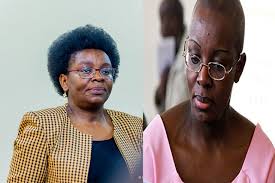
“People don’t like to talk about politics. It makes them uncomfortable,” begins a merchant, where I usually do my shopping. “Politics is only discussed within a small circle. Not so much out of fear of ‘manekos,’ the regime’s informants, but because many still associate politics with the genocide and the subsequent wars in Congo. I am Hutu myself, and as a child, I saw how my parents, uncles, and aunts were manipulated by the extremist hate machinery to kill Tutsis. Some of them were arrested and spent years in prison. Today, they realize how they were duped and manipulated… They’ve watched this country recover from that tragedy and have had the chance to reintegrate after their release. Their children go to school, and some have even received scholarships to study abroad. The country is now safe. Although Hutus face more difficulties than Tutsis in accessing senior government positions, I can assure you that Kagame is respected by most Hutus. Everyone knows where Ingabire draws her inspiration from. Among my friends, she’s seen as someone who aims to establish a regime like Habyarimana’s. Oh yes, I read a lot about her online!”
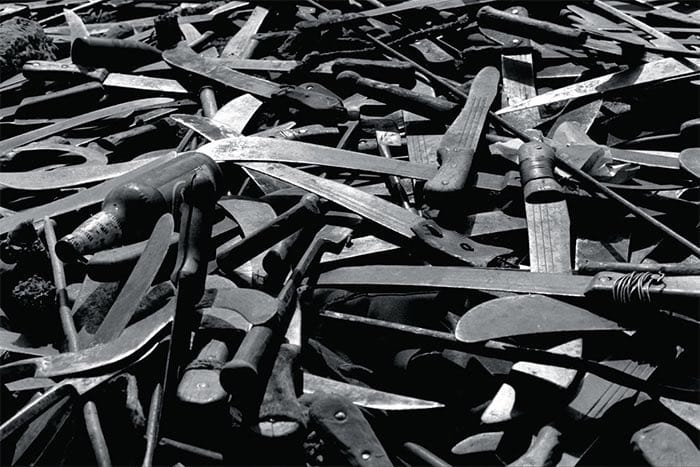
For Europeans, Ingabire embodies the image of the smiling Hutu refugee who managed to exile herself in Europe after the genocide. I also have family members who, after the tragedy, fled camps in Congo to settle in Europe. They now live in villages in Flanders, Wallonia, or other European countries. We stay in contact, but they hold a different view, still anchored in the past and adhering to the old ideology of the previous regime. They are influenced by the opinions of current leaders within the Hutu movement. We no longer believe in that model, and we find Kagame’s governance approach relatively acceptable. Many Hutus here in Rwanda do not support figures like Ingabire… But again, we prefer not to discuss such topics, not because it might cause issues with the authorities, but because individuals like Ingabire and their European supporters could push the country into a new crisis.
Trojan Horse
“It would be a serious mistake to dissociate Victoire Ingabire from the rest of the Hutu extremist movement in Congo, Burundi, and Europe,” adds a European observer. “She returned to Rwanda as a Trojan horse, aiming to make Kigali’s new authorities responsible for re-engaging with the clique responsible for the genocide. Countries like France and Belgium bear significant responsibility for the 1994 genocide. The Catholic Church was also involved. That’s why some facts have been decontextualized in Europe, and mechanisms have been put in place to conceal their responsibilities. New names have been given to this extremist movement, and figures like Ingabire have been recruited to lead it. Victoire I. embodied a still-smiling, flexible political approach, and extremists quickly realized they could operate freely within this context if they maintained their European-style democratic narrative as their new gospel. Meanwhile, a strategy was developed to convince the world that the genocide was provoked by Kagame’s Tutsis and that his rebels and army killed almost as many innocents as the Hutu extremists themselves. Ingabire was probably aware she would face harsh persecution in Rwanda, and she has so far played her victim role perfectly.”
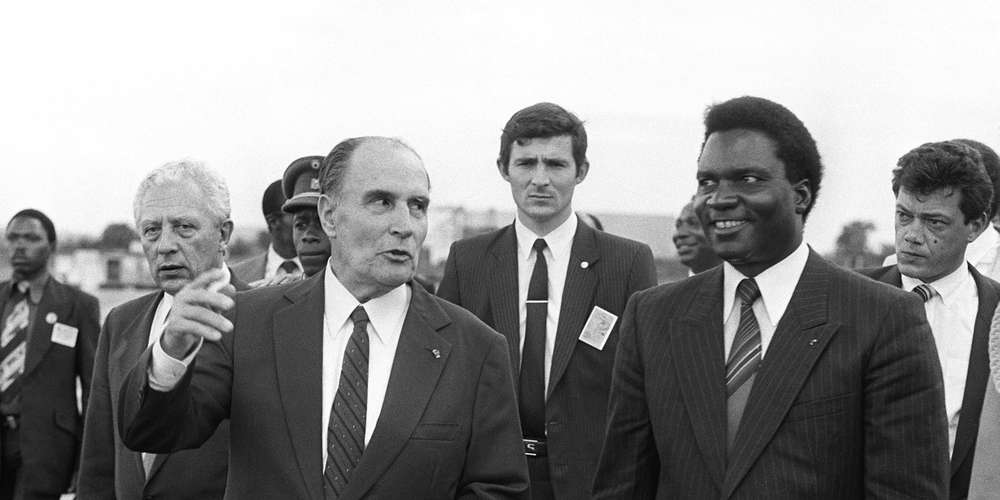
Her actions are intertwined with regional developments: the FDLR has been largely pushed back by M23 in areas it had controlled for years and can now only survive with support from Kinshasa. It is currently sheltering in Burundi and South Kivu near Uvira. But if recent peace agreements signed in Washington prove hollow, Rwanda’s army and M23 could intervene to dismantle the FDLR entirely. In that case, Ingabire would have no escape route. It is more than likely that her activities, along with those of organizations like Jambo ASBL or Hutu figures like J-L Habyarimana (the son of...), have largely been financed through the commercial activities of the FDLR. Kagame recently warned the international community in a speech in Kigali that he would strike hard if Congo, the FDLR, or Burundi provoked him again. It’s no coincidence that the Hutu movement is calling for protests against Ingabire’s treatment, Rwanda’s military role in Congo, and other accusations against Kigali. All of this aligns with the strategy of Tshisekedi and his allies, who do not want to see the FDLR return or M23 dominate eastern Congo. Ingabire is, in fact, a pawn in this broader game.
Development
“The Europeans’ biggest mistake is refusing to acknowledge that their democratic model doesn’t always work in Africa, and that African countries have the right to develop their own political systems,” asserts a local Rwandan journalist. “Kagame’s model isn’t perfect, but it has brought rapid development to the country. So far, they’ve managed to implement a system that benefits most of the population—low corruption, a fair judicial and police system, fast economic growth, etc. I’m a journalist myself—total press freedom doesn’t exist here; we can’t give a platform to genocide criminals. Criticism of corruption and mismanagement is tolerated. Everyone knows Ingabire is connected to the genocidal movement. Here in Rwanda, everyone also knows what went wrong in Burundi: extremist Hutus were reintroduced to participate in fair elections. Most European countries, even moderate left-wing groups in Belgium, supported that. Five years later, everyone recognizes it was a major mistake. President Ndayishimiye’s regime is proof of that. If Rwanda’s government opens the door to the return of this extremist movement, things could turn badly here too. That’s why the government will do everything to prevent Ingabire’s theories and supporters from taking root again, despite their self-proclaimed ‘Joan of Arc’ status in Europe.”
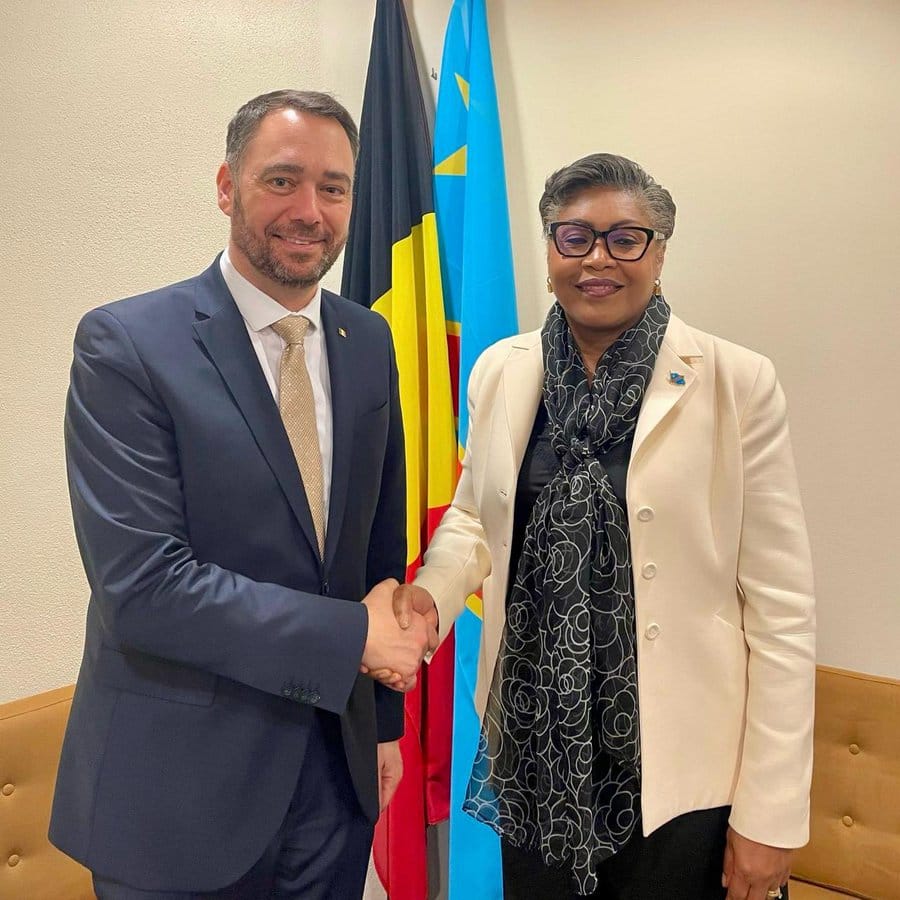
Most Rwandans are therefore not concerned about Ingabire’s re-incarceration. To them, behind her innocent smile lurks a new threat of violence and manipulation. The opinions I’ve gathered from other Rwandans tend to reflect this view. While the Congo conflict currently dominates attention, its stakes are inseparable from Ingabire’s situation. As I’ve mentioned before, my writings on this issue are frequent, but the anti-Rwandan media discourse in Europe compels me to respond. It’s a fact that the Rwandan Hutu opposition has yet to fully move past its genocidal history, and it remains responsible for it. We will continue to follow this case...
Marc Hoogsteyns, Kivu Press Agency
